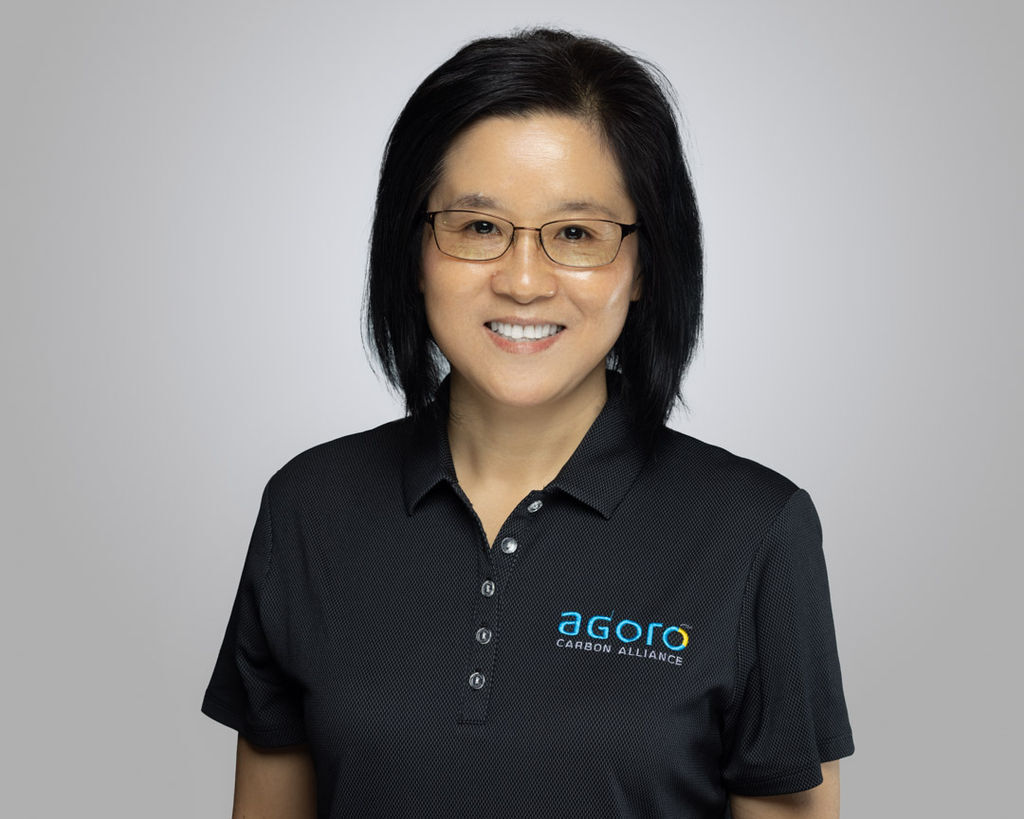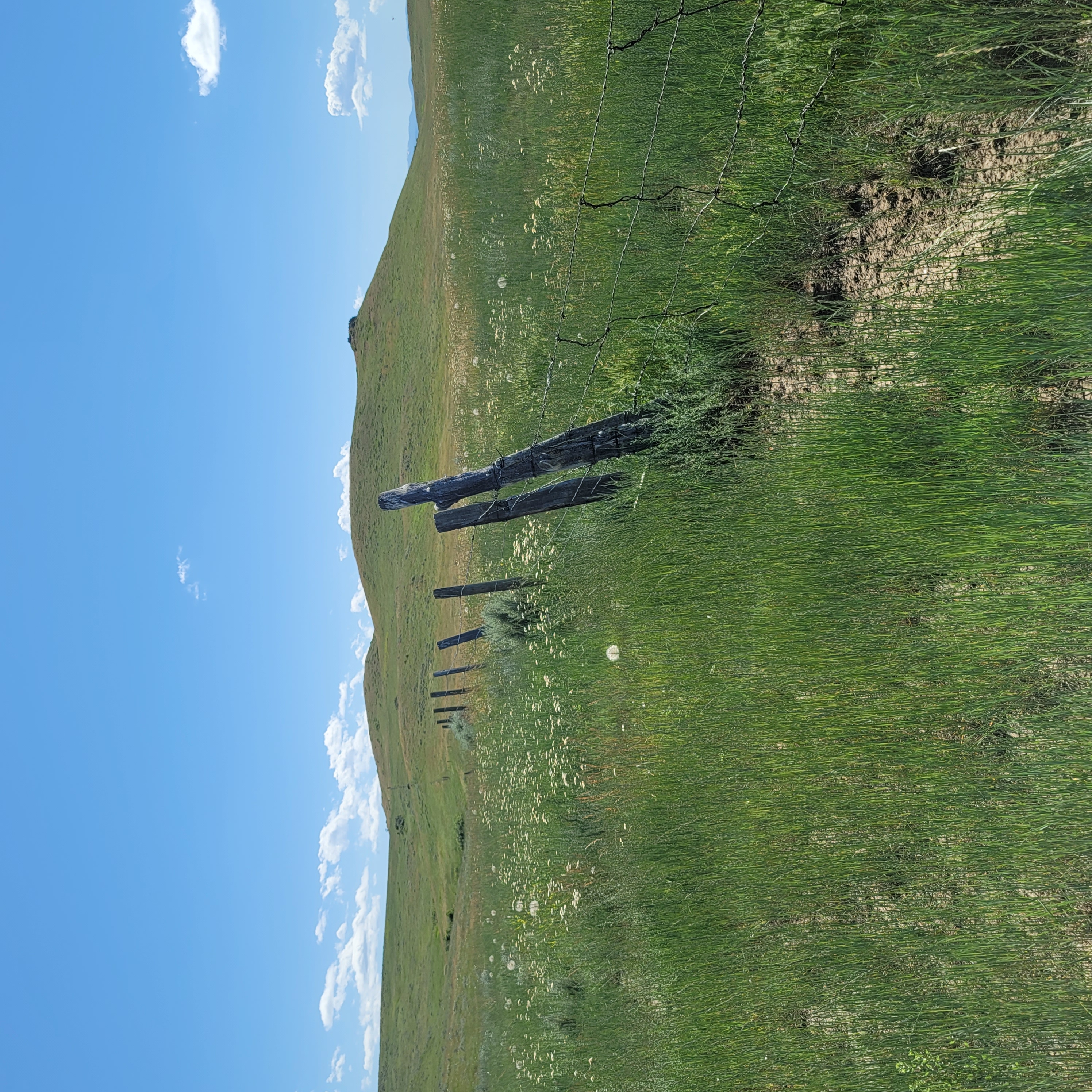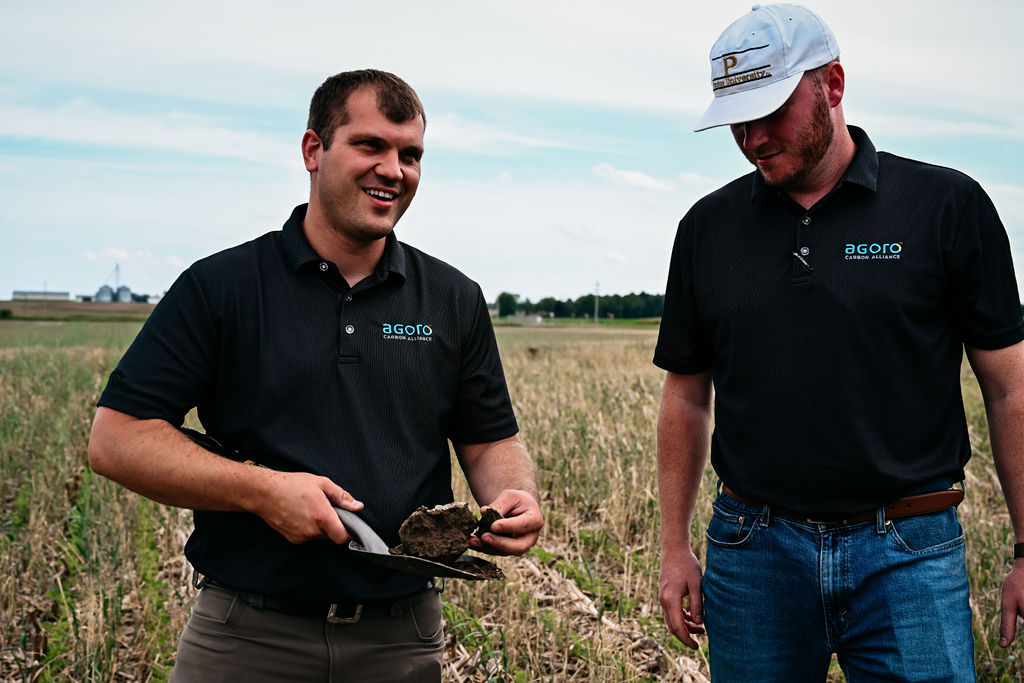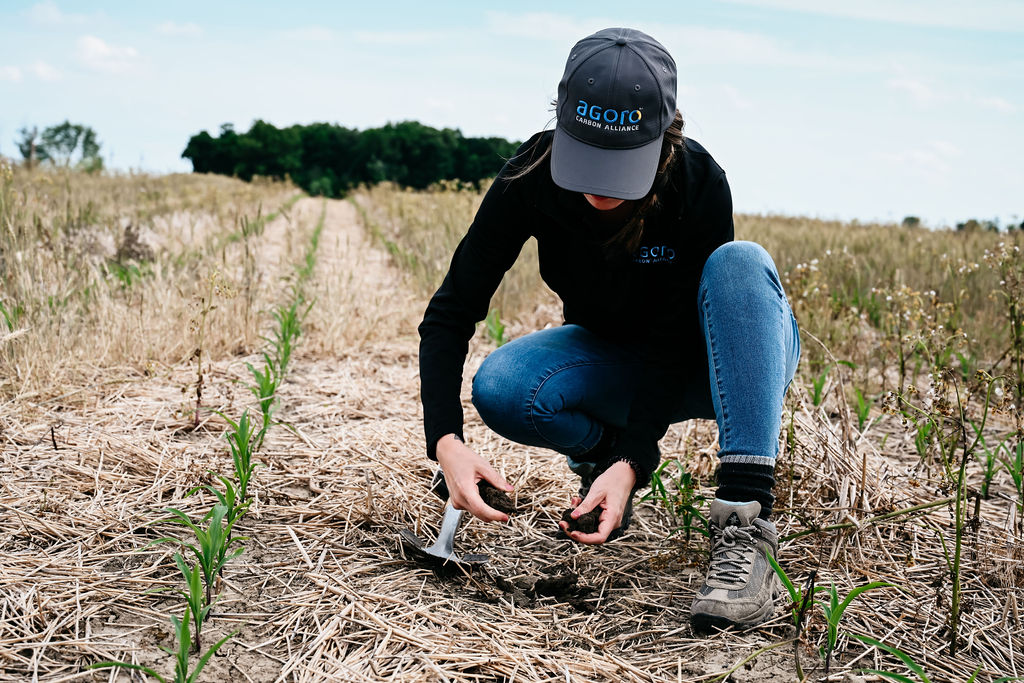Agoro Carbon Alliance is currently undergoing an independent assessment of two model validation reports to assure their conformance to Verra’s pasture and rangeland modeling requirements.Agoro Carbon Alliance is currently undergoing an independent assessment of two model validation reports to assure their conformance to Verra’s pasture and rangeland modeling requirements. These reports have undergone an initial review by Independent Modeling Experts and were deemed as “outstanding” and “of high quality.” Prior to the completion and finalization of these two model validation reports, Agoro Carbon’s modeling team, led by Xiuying (Susan) Wang, went the extra mile in ensuring transparency and maintaining scientific rigor in their work. This commitment is exemplified by their peer-reviewed research article (elsevier.com), published with the international journal of Environmental Modelling and Software, further affirming the credibility of their efforts.“This article in Environmental Modelling and Software represents our contribution to the scientific research community focused on carbon modeling, showcasing the development and application of the DayCent-CUTE tool (auto-Calibration, sensitivity, and Uncertainty analysis ToolSet). It is equipped with a user-friendly graphical interface, which proves to be an efficient and adaptable tool, significantly enhancing the calibration process of the DayCent model across various scenarios. It permits model auto-calibration using research data from single-site or multi-site studies, enabling model calibration and use for national-scale carbon programs,” stated X. Wang, Senior Data Scientist at Agoro Carbon.With over two decades of experience in environmental model development and application, X. Wang has also made significant contributions to the Agricultural Policy Environmental eXtender (APEX) and Environmental Policy Impact Climate (EPIC) models during her tenure at the Blackland Research Center at Texas A&M University. “This collaboration with faculty members and scientists at Texas A&M University, USDA-ARS researchers, and scientific experts in DayCent modeling exemplifies our heartfelt commitment to achieving excellence in our work.”This research underscores the central importance of quantifying SOC stock changes in the context of carbon crediting markets, where the impact of adopted practices is of great interest. When using generalized models derived from multi-site, multi-treatment peer-reviewed experimental studies, and/or SOC stock databases for model parameterization, it requires the model to accurately capture the interactions between management practices and the carbon sequestration processes embedded within the model’s biogeochemical representations. This precision is critical for effectively accounting for variations arising from different treatments.Our two submitted model validation reports demonstrate that the overall model performance complies with the guidelines outlined in Verra VMD0053 (Model Calibration, Validation, and Uncertainty Guidance for the Methodology for Improved Agricultural Land Management). Specifically, more than 90% of model prediction intervals encompass the measured values, and model biases are lower than the pooled measurement uncertainty.



